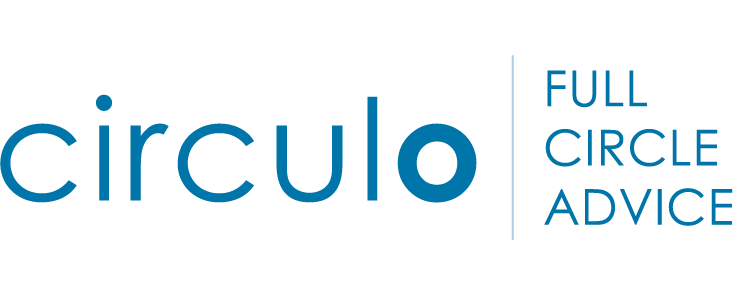August Tax News: directors' travel expenses
Non-executive directors’ travel expenses attending board meetings
The cost of travel by a non-executive director from home to board meetings will not qualify for a deduction under the Taxes Consolidation Act 1997 (section 114) according to Revenue. However, Revenue note in their operational manual that there are may be circumstances in which a non-executive director’s expenses of travel in respect of attendance at board meetings would qualify for a tax deduction under the provision of section 114.
The Revenue operational manual at Part 5 (05-02-19) sets out the statutory provisions with regard to the claiming of travel and subsistence expenses by directors, including non-executive directors, and the right of such director to make a claim for a tax deduction in respect of those expenses. Revenue also set out their position on the application of these statutory provisions dealing with travel and subsistence expenses of non-executive directors in their operational manual. The manual is published on the Revenue website.
Guidelines on Involvement with VAT Fraud
Revenue recently published guidelines on the consequences for taxpayers of becoming involved in a set of transactions connected with VAT fraud. In the guidelines Revenue warn that taxpayers could lose entitlement to a VAT input credit or may be liable for Irish VAT on previously zero-rated intra-community supplies where the related transactions are connected with fraud. Revenue also advise that due diligence should be undertaken when entering into a business transaction and set out some steps that should be taken before entering into a transaction and risk indicators that should be considered. The guidelines are published in Chapter 16 of the VAT Manual.
Self-Assessment System
A list of Frequently Asked Questions has been published by Revenue on the new self-assessment system. Under the self-assessment system taxpayers or their agents must make their own assessment to income tax, corporation tax, or capital gains tax as appropriate. In previous years Revenue would assess the taxpayer on the basis of the information entered in the return of income. For the 2013 Form 11 tax returns the new self-assessment system applies. A key feature of the new system is the required completion of a self-assessment panel on ROS. According to a recent report by Chartered Accountants Ireland errors with the completion of this panel as a result of third party software have now been resolved by Revenue.
Updated Revenue Complaint and Review Procedures
Revenue’s Complaints and Review Procedures were updated recently to clarify when the procedures can be availed of by taxpayers. The Complaints and Review Procedures are published in Leaflet CS4 and can be used by customers for a wide range of issues “regarding Revenue’s handling of their tax and duty affairs”. The procedures now include a specific provision for the exclusion of a review request in cases where a notification of a Revenue Investigation has issued. However, it appears that a review can be submitted after the investigation is complete if it is still appropriate. The updated Leaflet CS4 is available on the Revenue website under About Us- Customer Service – How to Complain to Revenue
Contacting Revenue
Revenue has published updated guidelines for taxpayers and practitioners on how to contact them with a query. The guidelines, published in Revenue eBrief No. 63/14 set out the procedures to be followed when making contact with Revenue and the use of secure email. The guidelines highlight that submissions to Revenue must be made via secure email and that a specific format must be followed. Also Revenue Legislation Service will no longer deal with routine and ad-hoc queries from practitioners and taxpayers. Except for the matters referred to paragraph 5 of the Guidelines, such queries are to be directed to the appropriate Revenue District for answer.
Payments on Redundancy or Retirement
Revenue has also updated their guidance leaflet – IT21 on the tax treatment of lump sum payments on a redundancy or a retirement. Such lump sum payments may be exempt from tax or may qualify for some relief from tax. Details of the exemption and reliefs available are covered in the updated guidance which is published on the Revenue website under Taxes & Duties – Income Tax – Leaflets.
Pensions – Personal Fund Threshold and Standard Fund Threshold
A new electronic system to facilitate notification of a Personal Fund Threshold (PFT) for pension purposes is now available. The new system can be accessed via ROS or PAYE Anytime. Revenue eBrief No. 50/14 sets out details on this new electronic system, who should make a PFT notification and the relevant time limits. Revenue has also published updated guidance on the Standard Fund Threshold (SFT) regime and the PFT. In brief, the SFT regime imposes a limit on the total capital value of pension benefits that an individual can draw in their lifetime from tax-relieved pension arrangements. Were the limit is exceeded there are tax consequence. If the capital value of an individual’s pension rights on 1 January 2014 exceeds the SFT limit of €2m, the individual can protect that higher capital value from any risk of incurring chargeable excess tax in the future by notifying Revenue and obtaining a PFT certificate from Revenue for that amount.
The above mentioned Revenue documents are available from the Revenue website www.revenue.ie

